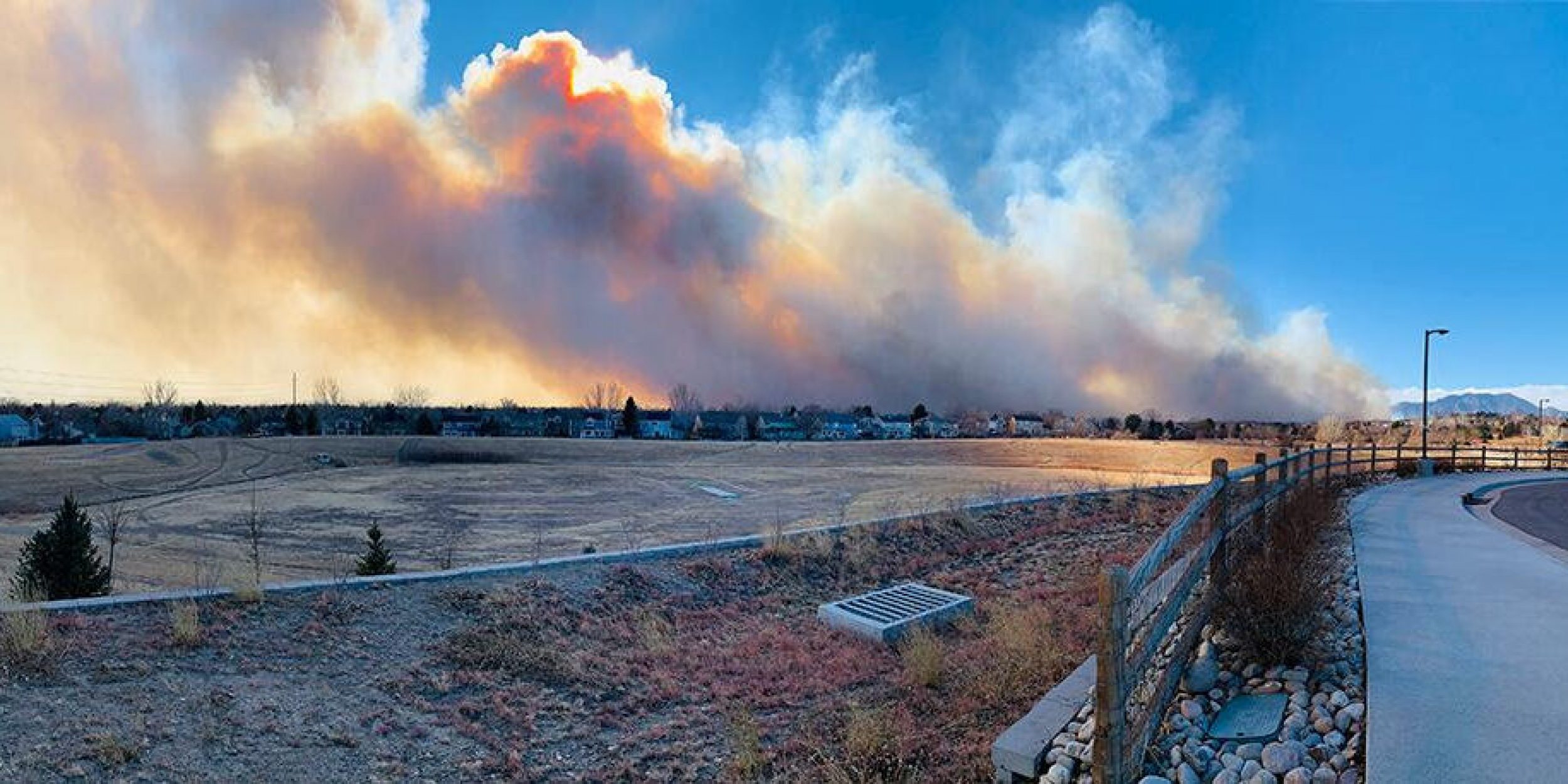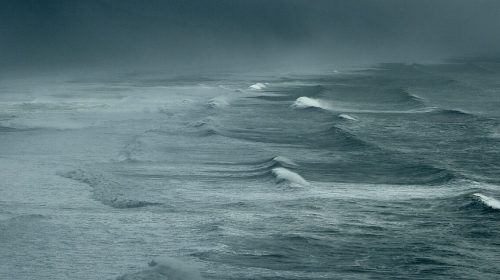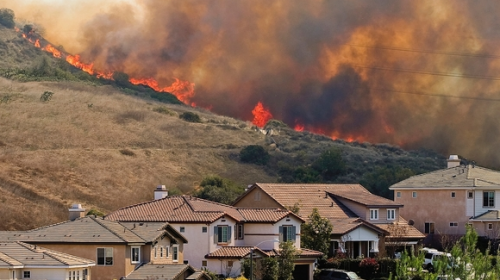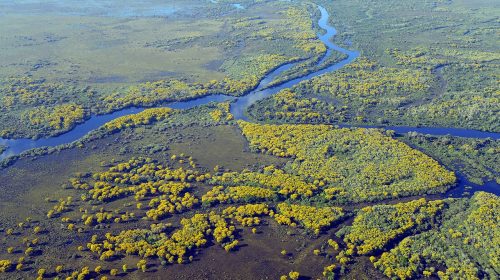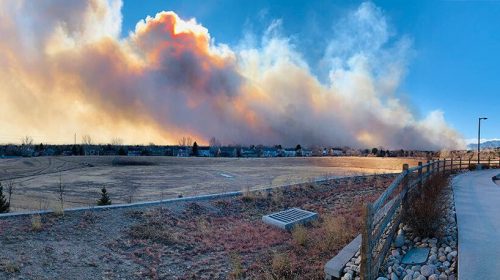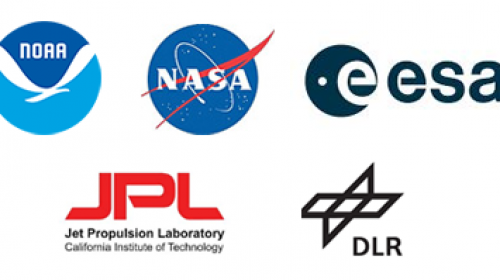Western Water Assessment (WWA), a NOAA Climate Adaptations Partnerships (CAP) team, is hosting a new monthly webinar series titled Challenges to Building Resilient Water Systems that will connect water managers with the most recent and relevant research about climate hazards and climate change impacts to regional water systems. Webinars will be interactive with 20-30 minute presentations followed by small group discussions.
The first installment of the series features Ben Livneh, the director of WWA, presenting “Burning Issues: Assessing Water Quality Challenges Post-Wildfire” on October 30, 2024, from 1 – 2pm MDT. Wildfires pose significant challenges to water treatment plants and freshwater systems by increasing sediment, nutrient, and dissolved organic matter (DOM) loads in streamflow, as well as exacerbating flooding through elevated runoff rates. This presentation will highlight findings from a multi-scale analysis that examines the effects of wildfires on sediment, nutrients, DOM, and runoff across multiple watersheds. WWA utilized laboratory-scale wildfire and rainfall simulations to explore small-scale processes influencing soil and water changes. Broad watershed-scale changes in water quality were assessed using 241 forested watersheds in the western United States. In burned watersheds, water quality was significantly altered during the first 2-3 years with changes to sediment and turbidity lasting up to 6 years. By assessing both small-scale mechanisms and broad-scale effects, this work aims to advance our understanding of wildfire impacts on watersheds and to identify key knowledge gaps.
For more information, contact Jessica Garrison.


